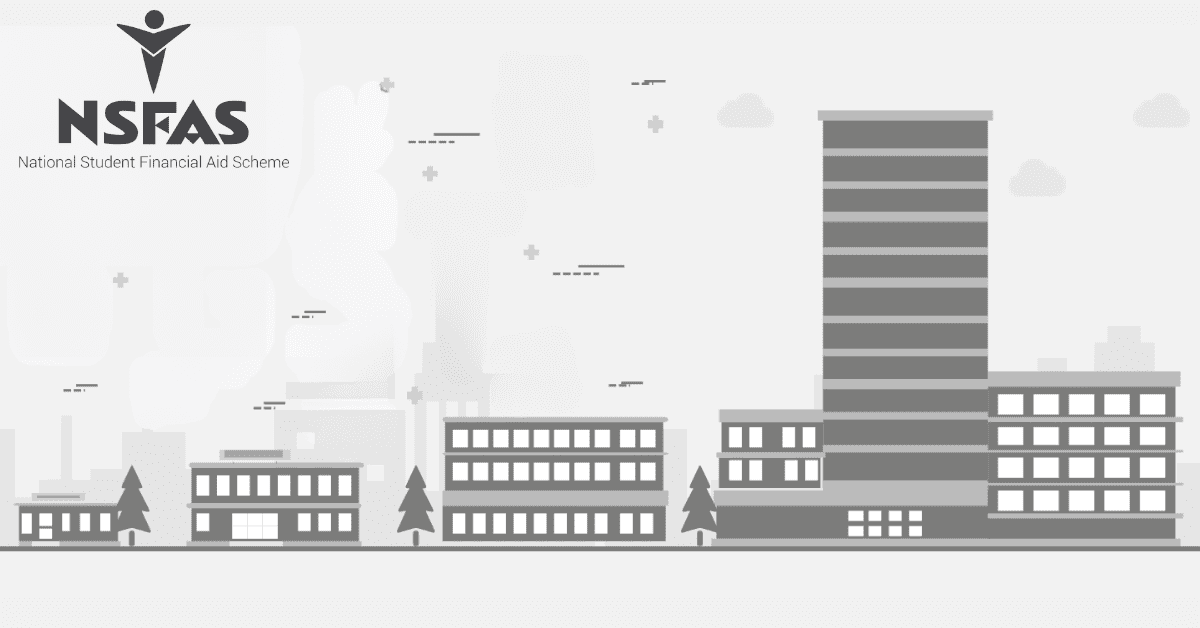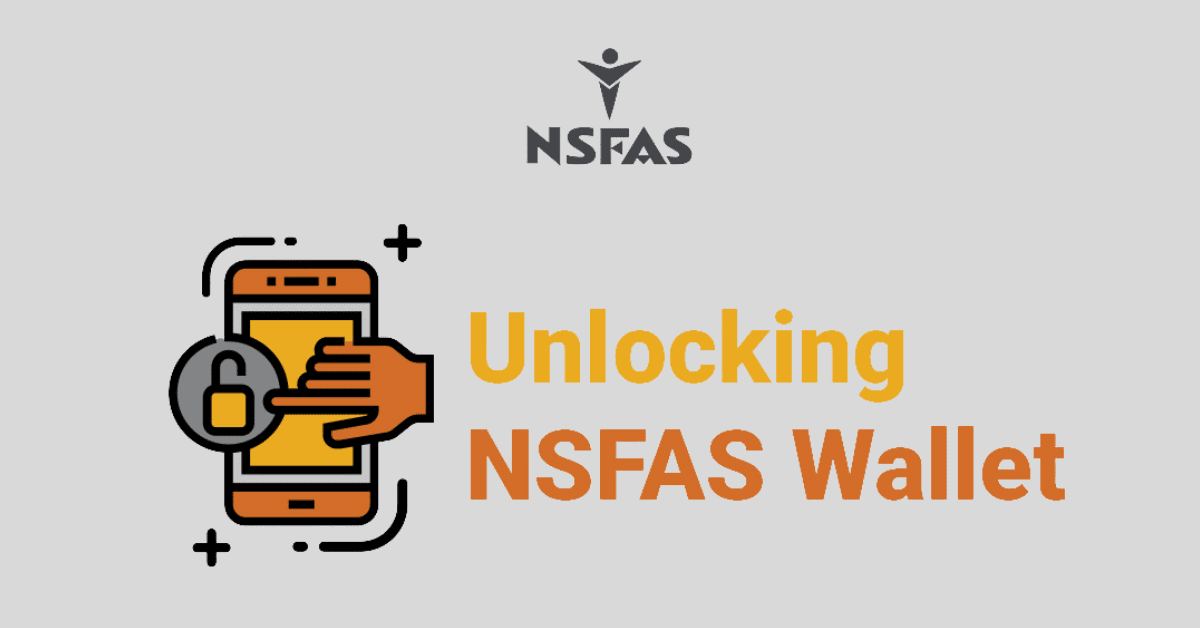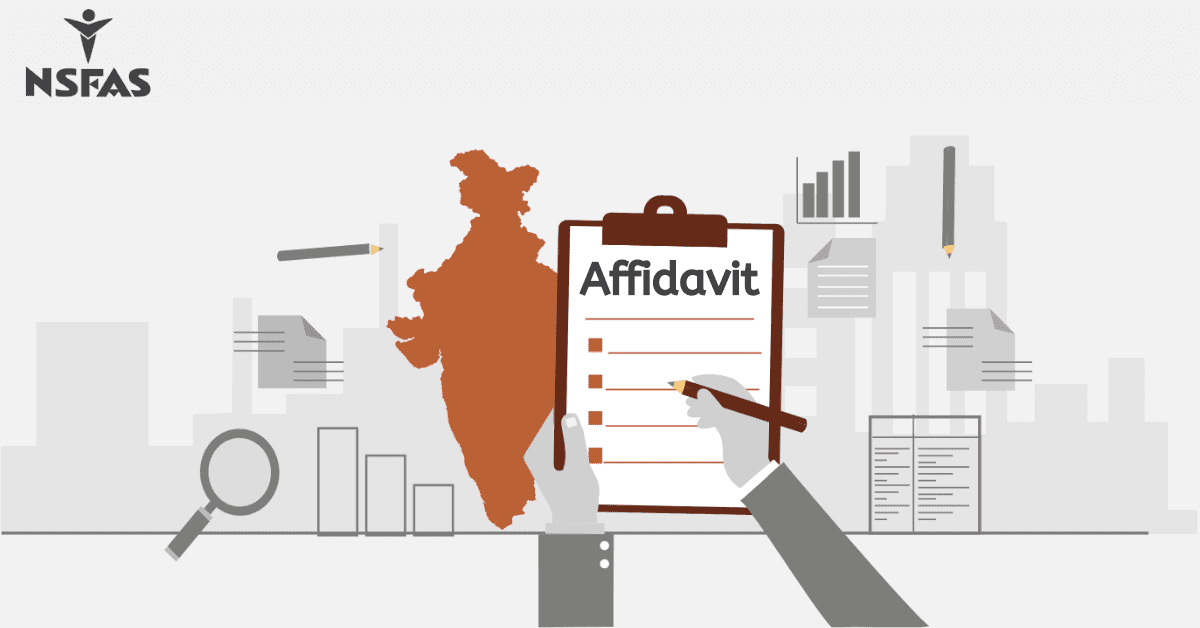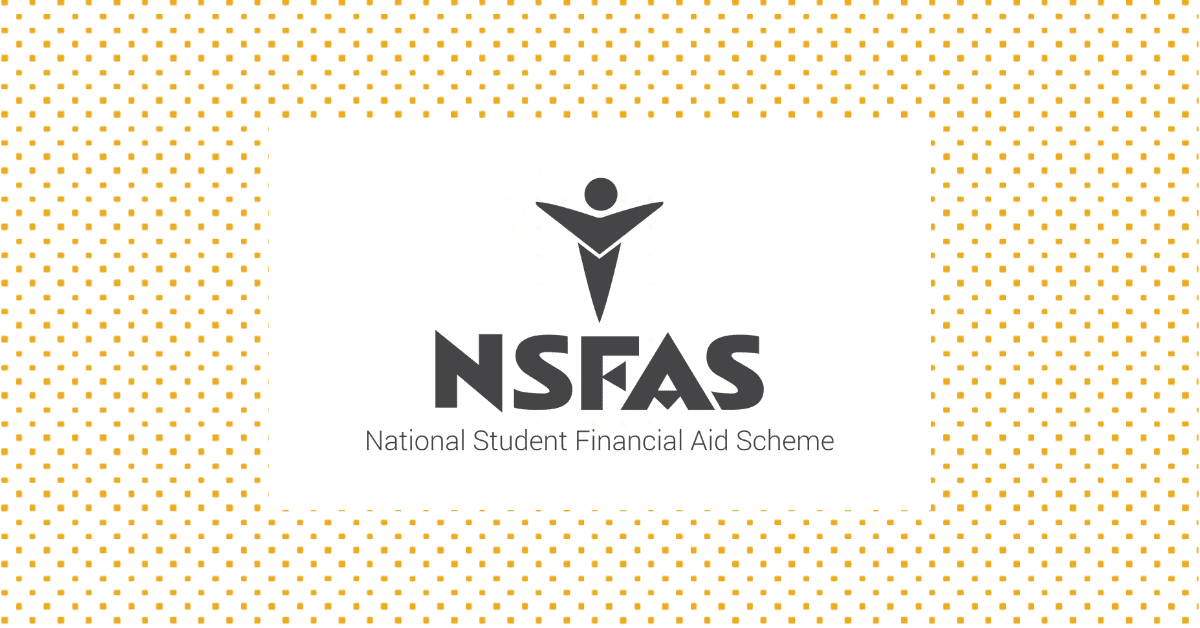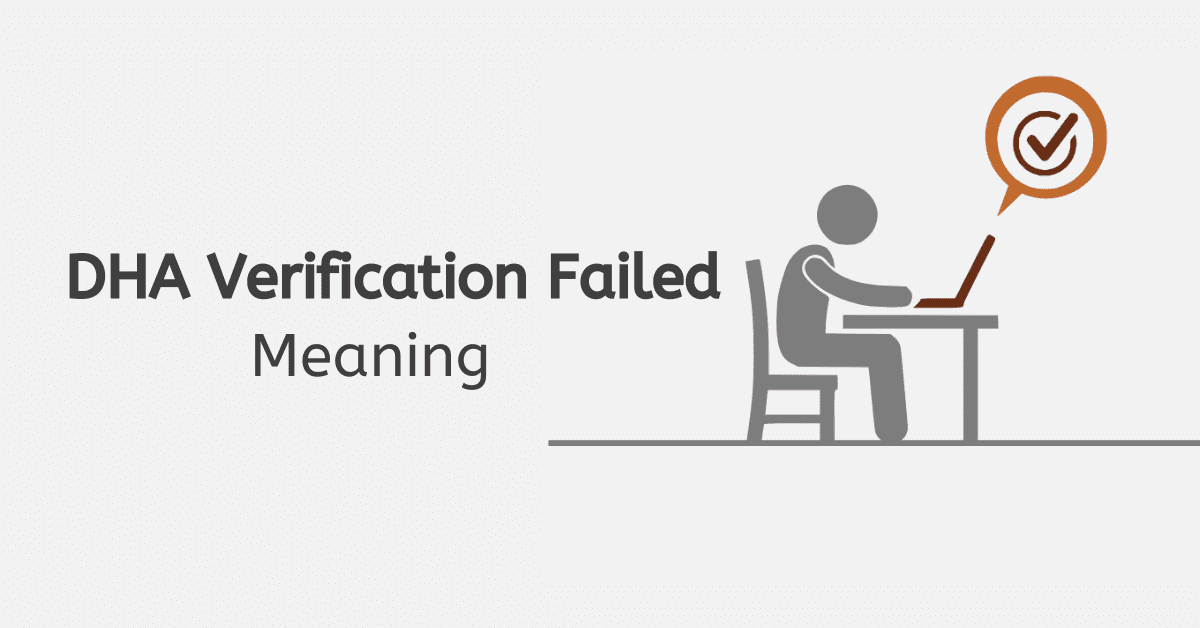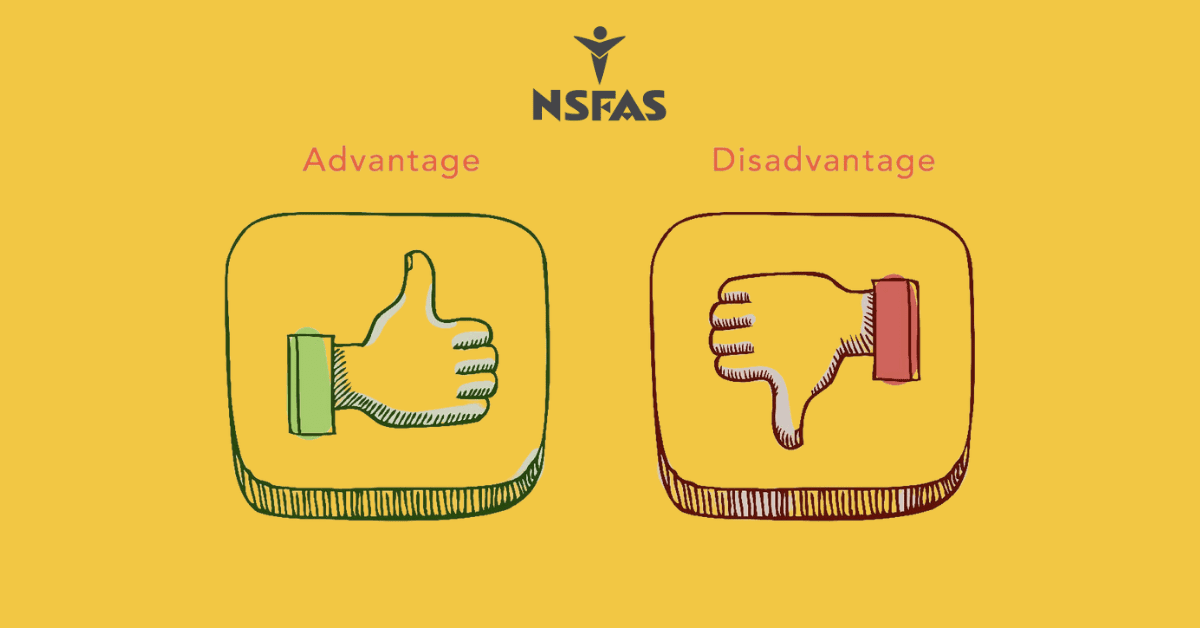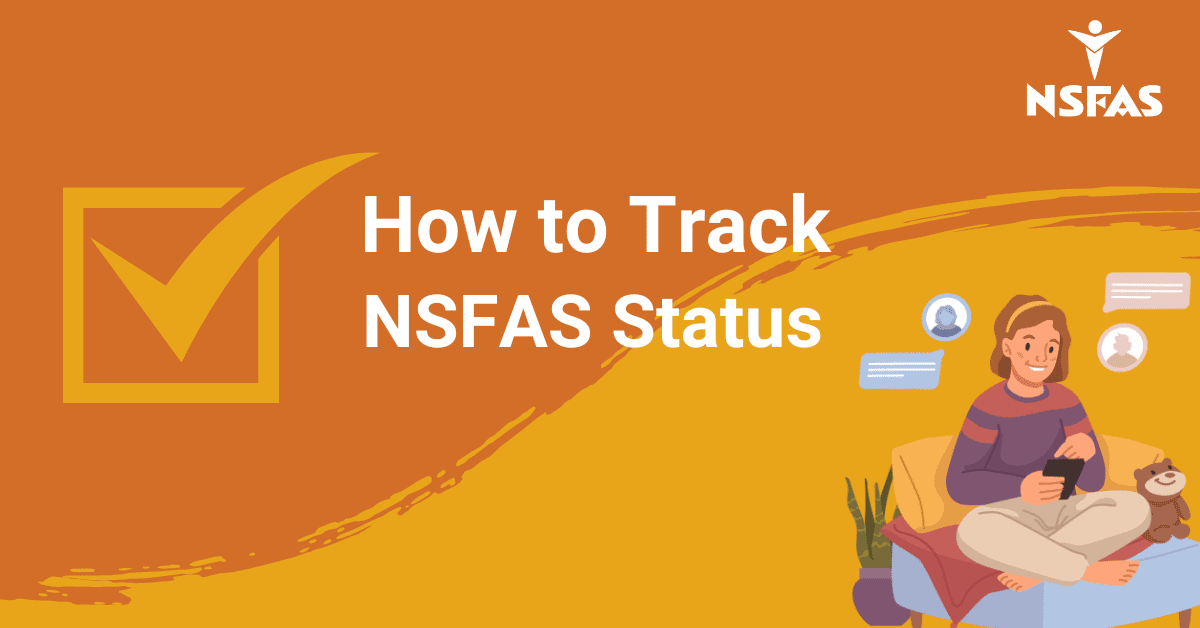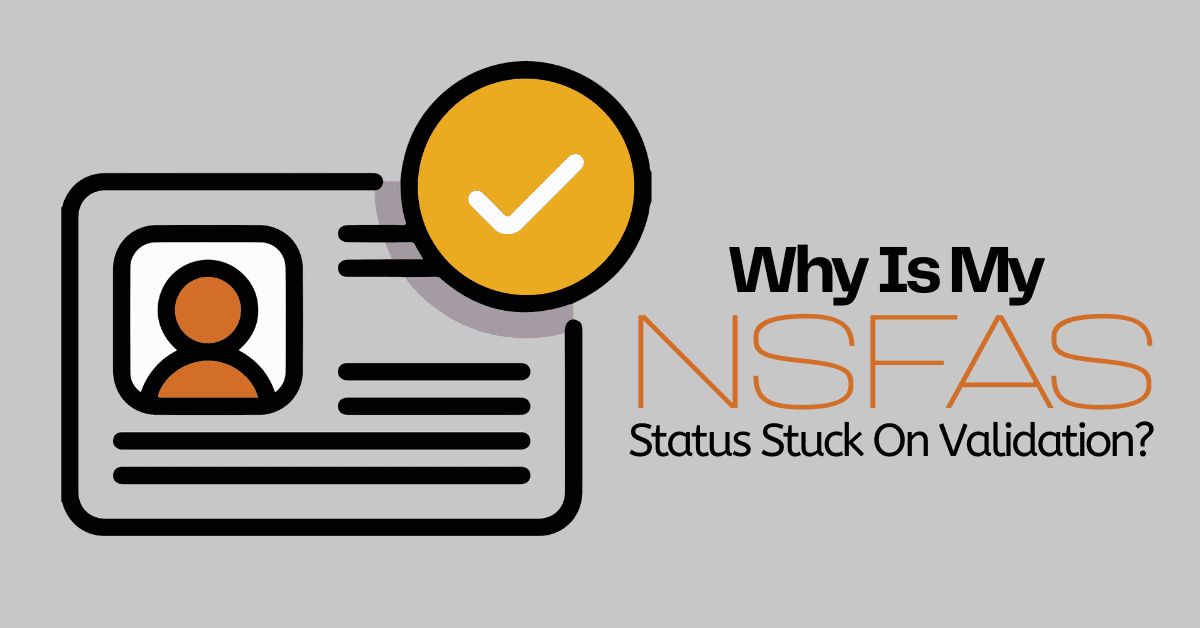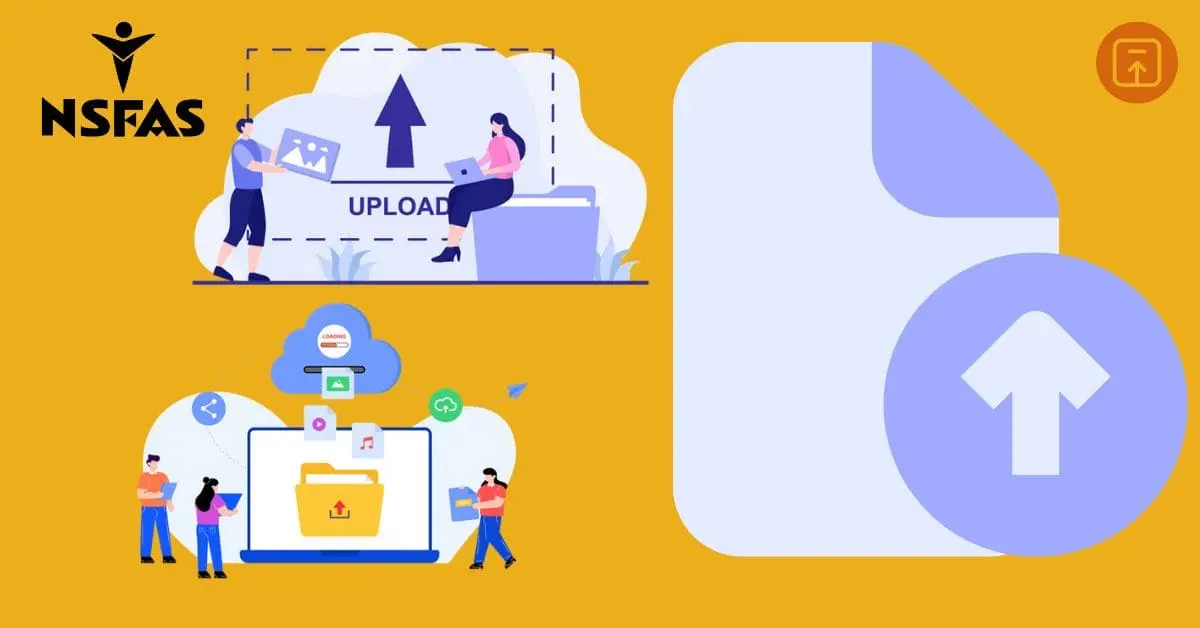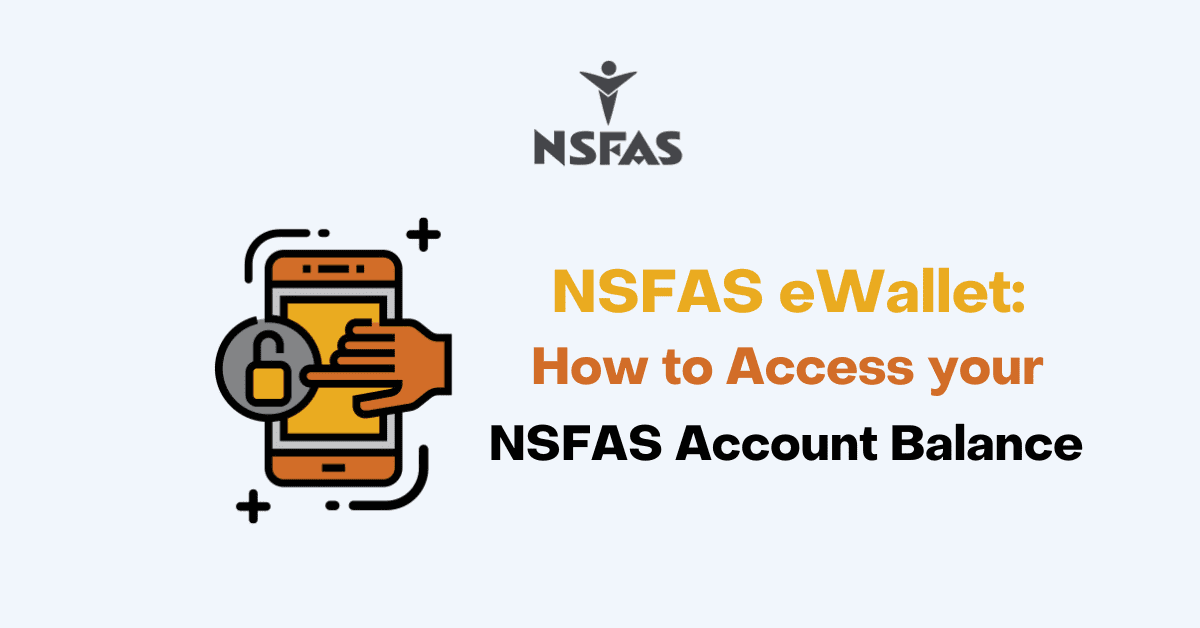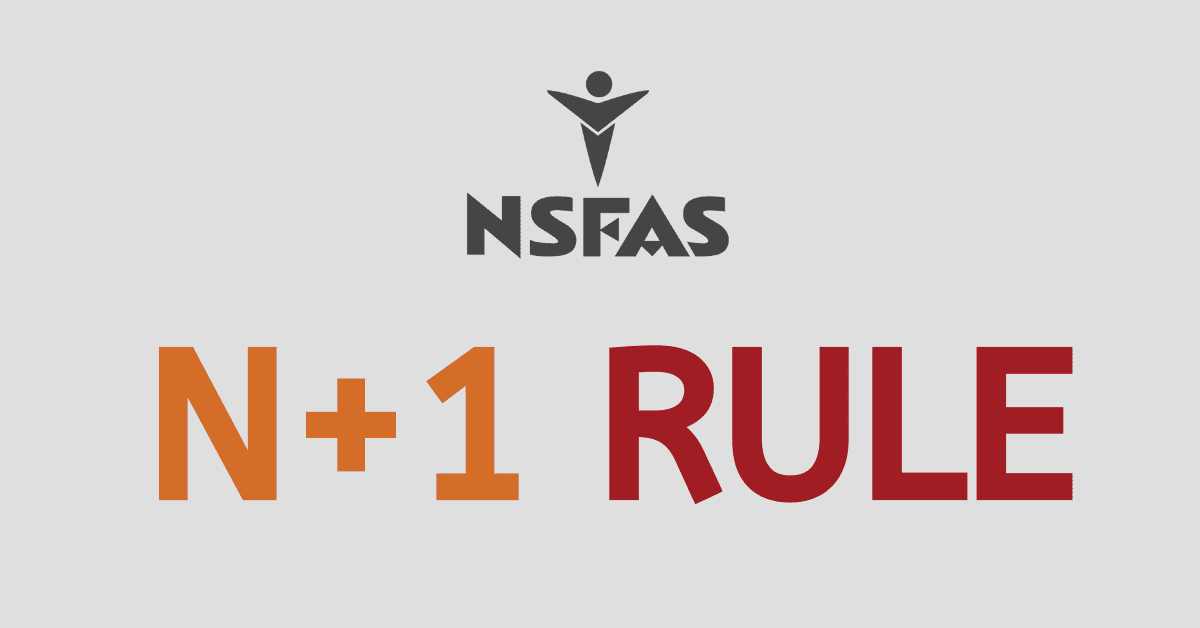While getting funded by NSFAS is a critical first step in securing your future with a solid tertiary education, it doesn’t stop there! NSFAS will not simply trust you and fund you indefinitely- you will need to make sure you are staying compliant with all their criteria (including the household income threshold) and upholding your side of the bargain. Today we’re looking at the various circumstances that can cause NSFAS to stop funding you and what you can do to avoid this.
When Does NSFAS Stop Funding A Student?
There are a variety of circumstances in which NSFAS will stop funding a student. We’ve looked at these in greater depth below, but in short:
- If you finish your program, or ‘age out’ of the N+1 rule
- If you violate the terms and conditions you agreed to
- If you fail to meet the NSFAS academic minimums or the minimums of your institution
- If you misuse the funds you receive for non-academic items
- If your household income becomes more than the threshold limit
There may be some other niche circumstances when NSFAS will stop funding a student, but those are the most common.
How Do You Know If NSFAS Is No Longer Funding You?
The quickest way to find out if NSFAS is no longer funding you is to log on to your myNSFAS portal. Log in using your password and username, and head to the ‘track funding progress’ tab to see exactly what is happening with your account.
You can also reach out directly to NSFAS on their call center number, via their WhatsApp and USSD services, or even drop them an email. If you’re struggling, try contacting your institution’s financial aid or bursary office, which should be able to assist you with finding out your bursary status easily.
Lastly, keep an eye on messages you receive from NSFAS, as these will typically tell you if there’s an issue with your funding and how to remedy or appeal it. This is why it is critical to keep your mobile number updated and use your myNSFAS portal. NSFAS will also often deliver messages to the email you registered with, as South Africa’s post system is no longer reliable.
Why Would NSFAS Stop Funding a Student?
There are several circumstances under which NSFAS may stop funding you. The most obvious, of course, is ‘timing out’ of the program. This means either finishing your first tertiary education qualification successfully, or passing their N+1 limit (the minimum years in which you can complete the qualification, plus a bonus year). As NSFAS will only fund the first qualification, and only for that set time, both of these will trigger the end of your bursary.
NSFAS also has academic requirements you must meet to stay funded. While they are reasonably lenient (you can fail up to half your modules in a given year, for example), they must still be met to keep your funding. Remember that individual institutions may also have academic standards you must meet to stay in their programs, and these may be tougher than NSFAS’s basics. If the institution de-registers you and you cannot find a place in the same program at a different qualifying institution, NSFAS will also stop funding you.
Another common reason is shifting finances in your home. You will need to stay under the household income threshold (R350,000 in 2026) to remain funded by NSFAS. If your circumstances improve, the bursary will lapse. Lastly, failure to meet other NSFAS requirements will also stop them funding you.
Can NSFAS Stop Funding You In The Middle Of The Year?
NSFAS can stop funding you in the middle of the year. However, this is typically only done as a ‘punitive measure’ of sorts when you violate their terms and conditions around your bursary. This is why it is so important that you carefully read and make sure you understand the terms and conditions you sign when you successfully apply for a NSFAS bursary. Of course, issues like being kicked out of your institution for bad behavior will also immediately end your funding. Remember that this also includes misuse of the stipend that comes with NSFAS funding for non-academic purposes! If it is a matter like slipping academic standards or the N+1 rule, it is more common to finish the year funded and needs to find alternate funding for the next academic year.
We hope you’re feeling a lot more confident about when and why NSFAS might stop funding you. Remember to carefully read your terms and conditions when you sign them, and make sure you understand all parts of the agreement. If you remain within those terms, keep your academic standards rigorous, and do not have a change in your household’s income, you shouldn’t have issues with losing your bursary.
